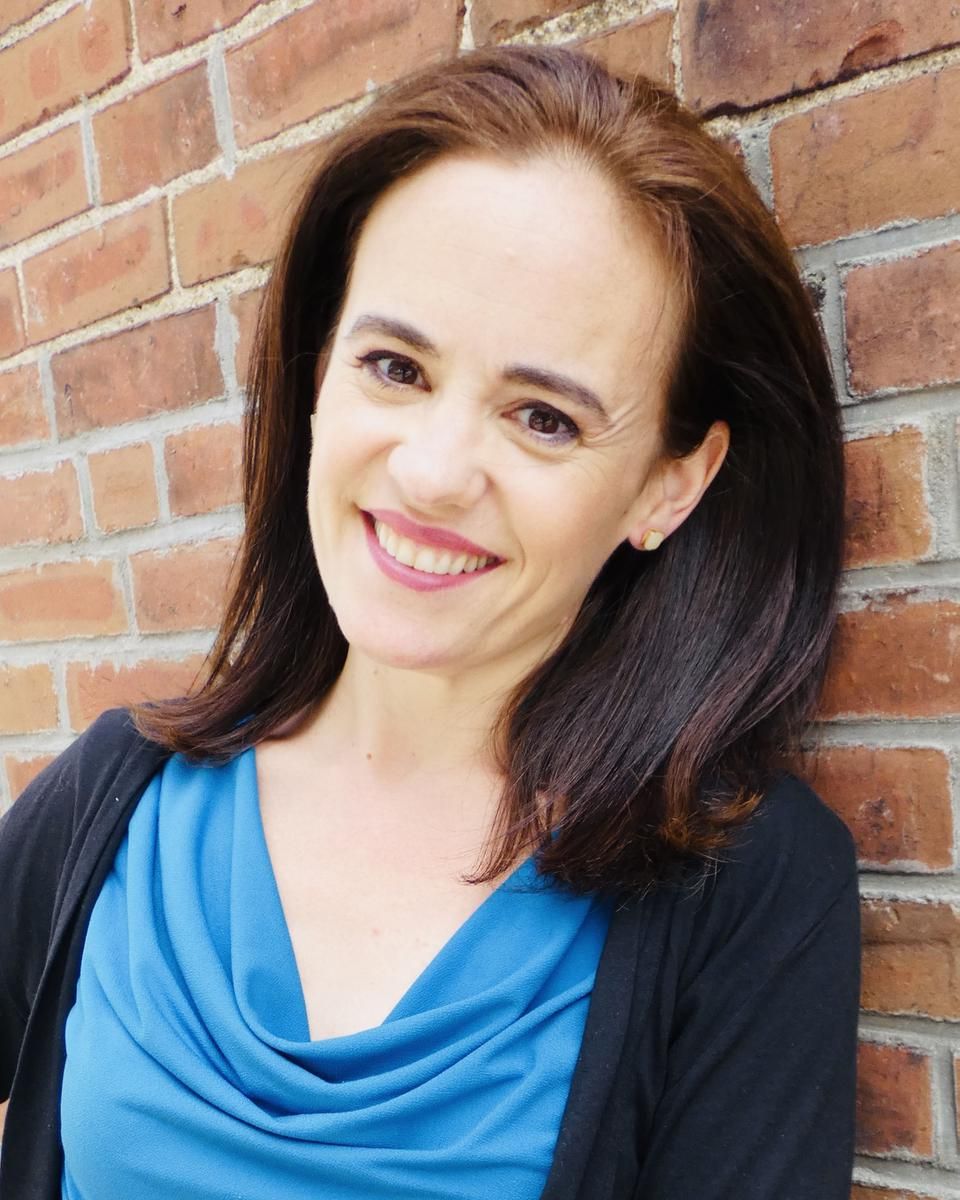For several years I directed a post-graduate fellowship program for social workers and psychologists. Tied to a large medical system in an urban area, we offered incredible training opportunities. Recent grads could work with clinical populations that were diverse in terms of their racial, ethnic, socioeconomic, and religious backgrounds. They were able to receive training and supervision from talented therapists who were experts in the therapeutic modalities they practiced.
Despite the resources available for the fledgling clinicians with whom I worked, I struggled with one aspect of the training that was being provided under my leadership.
The training that these early-career clinicians received helped them deliver high quality care, at least to the extent that this meant knowing how to use the tool kit of interventions they learned in graduate school. The training could not, however, always address some of the elements of engaging in the therapeutic relationship that I consider most important to providing appropriate care to diverse client populations.
Creating spaces in which cultural identities can be explored is some of the most personally and professionally challenging pieces of work that we do as therapists. It’s a process that can leave us feeling raw, vulnerable, and uncertain— even when we have years of experience under our belts. We don’t learn how to create these spaces by reading a textbook, conducting a literature review, or attending a lecture.
For some lucky clinicians, they have relationships with supervisors who co-create these spaces with them. Supervisors whose lived experiences have prepared them to have these deeply vulnerable and personal conversations. These kinds of relationships allow trainees to experientially learn to bring the fullness of who they are into therapeutic relationships through a relationship with another human with whom they relate deeply. A mentor, role model, trusted advisor.
Based on my experiences in the field, I find it unreasonable to expect future therapists to engage in the challenging work of bringing their “culturally authentic selves” into their professional roles as therapists if they have not had opportunities to engage in these kinds of relationships themselves.
Mentorship from supervisors with shared identities are far more available to white-identifying trainees. More often than not, trainees look across the desk at their supervisor, the person responsible for their clinical development, and would not see someone who they could assume was able to relate to their lived experiences as members of marginalized communities.
The American Psychological Association found 86% of practicing psychologists (and therefore supervisors) were white, but 34% of early career clinicians come from marginalized racial groups.
Every clinician should have access to at least one mentor or supervisor with whom they identify, in which cultural identities can be openly discussed, and the ways in which these identities shape our ways of relating to clients can be explored.
These are some of the many reasons that I am proud to be collaborating with the team at Alma to develop the Alma Empowering Minds Scholarship.
About the scholarship
Alma is on a mission to simplify access to high-quality, affordable mental health care. Through the Alma Empowering Minds Scholarship, graduate students from historically marginalized communities have the opportunity to receive financial support towards their master’s degree and ongoing mentorship from an experienced clinician.
The mentorship program will instill confidence and nurture personal and professional growth, ensuring students can navigate the challenges that may arise during their studies and future careers. Recipients will also have exclusive access to workshops and skill-building opportunities to equip them with diverse tools and knowledge, encompassing academic expertise and essential soft skills such as communication, cultural competence, and empathy. Such holistic training will prepare our scholars to become well-rounded mental health professionals capable of impacting their communities.
Eligibility
- Applicants must be from a historically marginalized community; this includes: LGBTQIA+ persons, Black, Latino/x, Indigenous, and Native American persons; Asian Americans, Native Hawaiians, and Pacific Islanders; and other persons of color; persons with disabilities; and persons otherwise adversely affected by persistent poverty or inequality
- Applicants must be graduate level students completing their first year of coursework in a master’s degree program in a mental health discipline.
- Applicants must still be enrolled when funds are disbursed.
Evaluation criteria
- Commitment to pursuing a career in clinical psychology or social work
- Academic achievement
- Financial need
Application requirements
- Personal statement that includes why they are a good fit for this award program
- Attestation of belonging to a historically marginalized community (opportunity to provide more information about identity/ies will be provided)
- Resume/CV
- Academic transcript
- Cost of attendance and disclosure of funding sources (scholarships, financial aid)
- Attestation of understanding that winners' contact information will be shared with Alma to coordinate mentorships
Inclusive care depends on an inclusive profession.
The therapeutic relationship can be a space in which clients are given the opportunity to explore many of the aspects of their identities — those that are familiar, well-worn ways of relating to themselves and to the world around; those that have been associated with pain and suffering; and others that they are only beginning to recognize and coax out of hiding.
With the support of a skilled therapist, those parts of our identities and their impacts on our lives can be more fully embraced. What bigger gift could therapy offer than to allow clients to bring the fullness of who they are into the world?
Alma members interested in becoming a mentor can fill out this form to receive updates in the coming months.




